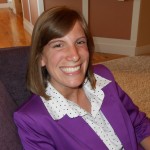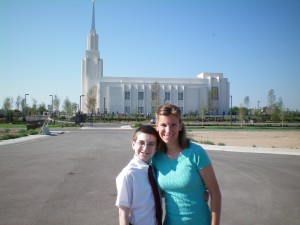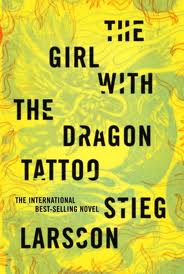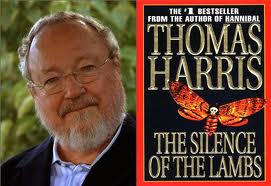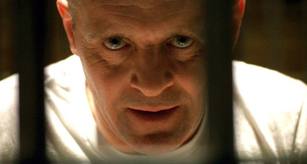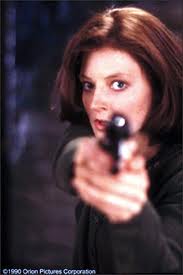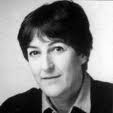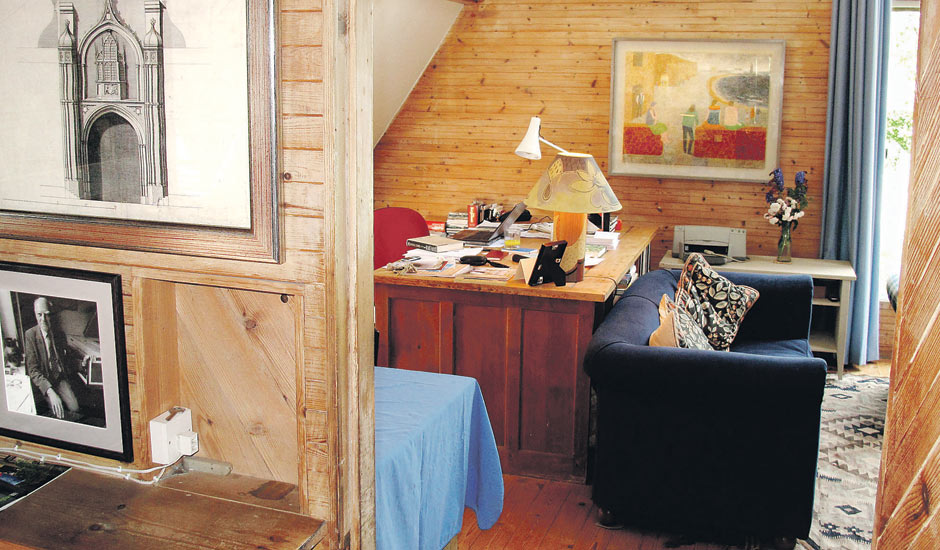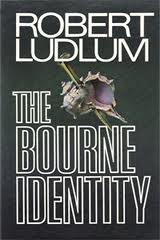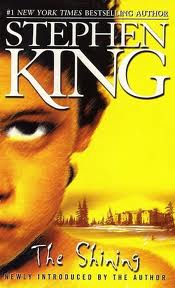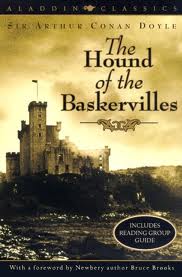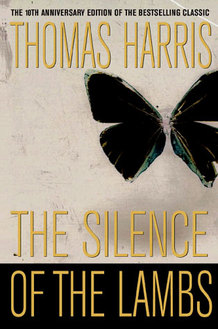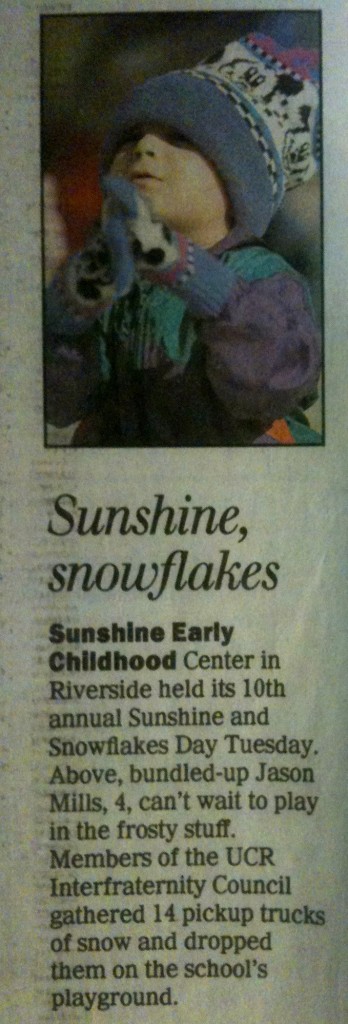Present word count of WIP: 59,985
I think his sister has had something to do with it, and that’s no surprise because siblings play a crucial role when it comes to autism.
Allison left to begin serving her mission this past Wednesday. She’ll be gone for 18 months in the environs of San Bernardino, California, and, even though she was only home for a few weeks to prepare, she’s already had an impact on her brother.
First, he decided to finally do actual baptisms in the temple a couple of weeks ago. If you recall my recounting of his own baptismal experience at age 8, you’ll realize what a huge step this was for him. But he knew this would be his last such outing with the youth in the ward and his distaste for the feeling of wet clothes was overcome by his desire to make his sister proud of him.
Then, this past Tuesday evening when we met as a family with our stake president for Allison’s setting apart as a missionary, Jason got ordained to the higher Melchizedek Priesthood as an elder first. That way, he was able to lay his hands along with those of my husband and the stake president atop Allison’s head as President Meyer set her apart and pronounced a beautiful blessing upon her.
These may seem like small, unimportant steps to those outside the LDS Church, but they are a huge step forward in his progression as a son of God. He’s come a long way since I took this picture of the two of them outside the Twin Falls Temple:
As Allison serves faithfully, I only expect him to grow all the more so that he, too, is prepared to serve a mission come next January.
In mentioning Allison, I thought I’d share the poem I wrote for her the night before she left, for it will apply just as equally to him some day (I need only change “Daughter” to “Son”):
“Called of God”
Come . . .
Come out of the wilderness
Of confusion, doubts, and fears,
And toil in my vineyard for months, even years,
My Daughter,
For I have called you to the work
And in righteousness
You come.
Sow . . .
Sow seeds of faith, hope, and charity
For these, my other children who are lost,
With patient prayer, and led by My Spirit, ignore the cost,
My Daughter,
For their hearts will soften as you testify
Of all you know in verity
And you will sow.
Gather . . .
Gather my sons and daughters to the fold
That they might be enfolded in my arms once more,
And use your time well, seeking and preaching from door to door,
My Daughter,
For now is the time to thrust in with all your might
That you may bring many to behold
As you gather.
Reap . . .
Reap unknown blessings both now
And through eternity for countless souls,
As you proceed through patient daily toil to reach your goals,
My Daughter,
For you are blessing more than self
And multitudes will bow
As they, with you, reap
Eternity.
Originally posted 2012-07-13 14:06:31.

